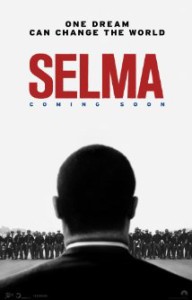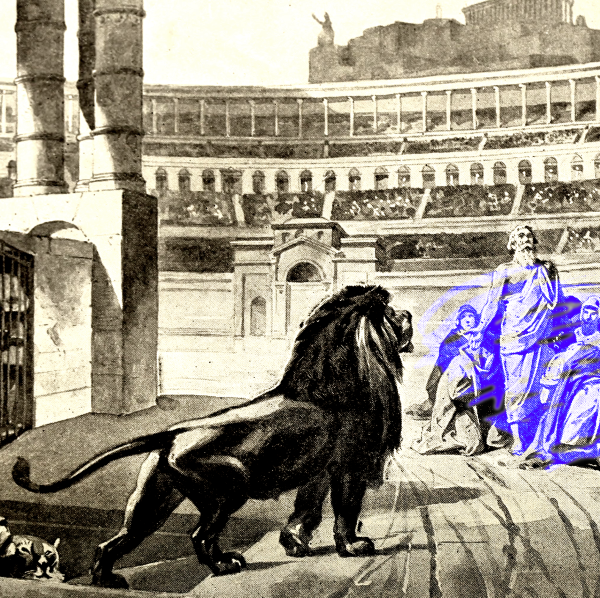 My snow covered boots hit the tiled floors of Stephen A. Foster Elementary’s main hallway, and a couple African-American students ran past me, followed by a Hmong-American student. I laughed as they skidded by and the voice of Ms. Bialecki, the teacher in charge of the after-school program, echoed her displeasure at how fast they were going. I walked past Ms. Lee, a Hmong-American woman that goes to an evangelical church in town, and signed the check-out log in my typical illegible, tiny print.
My snow covered boots hit the tiled floors of Stephen A. Foster Elementary’s main hallway, and a couple African-American students ran past me, followed by a Hmong-American student. I laughed as they skidded by and the voice of Ms. Bialecki, the teacher in charge of the after-school program, echoed her displeasure at how fast they were going. I walked past Ms. Lee, a Hmong-American woman that goes to an evangelical church in town, and signed the check-out log in my typical illegible, tiny print.
I found my kids, white as white can be (a product of their dad having the skin of an albino polar bear), playing in the gym with a couple of their Hmong friends. I was still pretty emotional and in a weird place. That morning I had watched the documentary To Be Takei, which had a portion of the movie about George Takei’s imprisonment in an Internment Camp after the bombing of Pearl Harbor because he and his family were of Japanese descent. I had walked out of watching Selma, Ava DuVernay’s drama focused around the events of the Selma to Montgomery civil rights marches in March 1965, 10 minutes earlier. Tears of thankfulness welled in my eyes as I watched the incredible mix of African-American, Hmong, White, and Latino kids at our kids’ school, the most diverse elementary school in our city.
DuVernay’s Selma had swelled my heart with the joy of how far we have come. So much hatred, suffering, poverty, and oppression of African-Americans just because of their skin color! However, Selma did not get caught up in the normal trap of most biopic/dramas and become a re-telling of historical events and screen more like a textbook acted out. The events of Selma and their portrayal in this movie seem almost like carbon copies of racially charged events of the past year. The only trouble is that they took place fifty years ago, and sadly the events of today are carbon copies of the bigoted past of our country and illustrate how far we yet have to go.
Selma has a lot of the important men and women who were a part of this pivotal moment in the Civil Rights Movement. None more important than Martin Luther King Jr., the heart, soul, and leadership of the Southern Christian Leadership Conference (SCLC) and designated leader of the Civil Rights Movement. Played by David Oyelowo (who does a fine and Oscar worthy job) King and his organization find Selma to be the ideal place to keep their movement in the forefront of American hearts and minds. What we witness is the ghost of our racism’s past. Brutal beatings by police against non-violent demonstrators, intimidation by racist locals, government opposition, and, sadly, murders of civil rights members. You are supposed to cringe at the brutality and be reminded of what the United States perpetrated against its own citizens only a half century ago when some of your grandparents were in their 20’s and 30’s. I was thankful that men and women of any creed, race, nationality, religion, etc. are able to vote and not subjected to government-sponsored racism like they were 50 years ago.
However, Selma‘s importance is not in reminding us simply of what happened and from where we have come, but many scenes are painful reminders of the work we have left to do as a nation. Particularly one scene where a civil rights worker is shot, for no apparent reason, in a restaurant during a peaceful march. It brings back horrible memories of watching Ferguson unfold and seeing the horrendous video of Eric Garner having the life choked out of him by an NYPD officer.
 If it still hadn’t sunk in that we haven’t arrived as a nation on the issue of race, a conversation between King and Ralph Abernathy (Colman Domingo) while in prison sheds light on the systemic and sociological racism done by blacks living in areas with only other blacks and not getting the opportunities to advance and being stuck in a cycle of crime, poverty, and oppression. Reminds me of my hometown area of Milwaukee, which is not in the South, but is one of the most segregated cities in America due to a lack of diversity in neighborhoods and blacks living in the most destitute of those neighborhoods in the city. What King and other leaders of the Civil Rights Movement realized were that voting rights could be given, like they were shortly after the events of Selma by Lyndon B. Johnson (played by Tom Wilkinson) but there were deeper issues that would remain a problem. These less overt forms of racism and injustice are social wrongs that, fifty years post-Selma, we are still trying to right in the US.
If it still hadn’t sunk in that we haven’t arrived as a nation on the issue of race, a conversation between King and Ralph Abernathy (Colman Domingo) while in prison sheds light on the systemic and sociological racism done by blacks living in areas with only other blacks and not getting the opportunities to advance and being stuck in a cycle of crime, poverty, and oppression. Reminds me of my hometown area of Milwaukee, which is not in the South, but is one of the most segregated cities in America due to a lack of diversity in neighborhoods and blacks living in the most destitute of those neighborhoods in the city. What King and other leaders of the Civil Rights Movement realized were that voting rights could be given, like they were shortly after the events of Selma by Lyndon B. Johnson (played by Tom Wilkinson) but there were deeper issues that would remain a problem. These less overt forms of racism and injustice are social wrongs that, fifty years post-Selma, we are still trying to right in the US.
What I really enjoyed about DuVernay’s portrayal of the Selma marches and Dr. King was that it did not get caught up in being inspirational for the sake of being inspirational. It didn’t portray this event as a revelatory moment for our nation or Dr. King as some sort of heaven-sent angel to free America from racism. King was just a man– a conflicted and stricken man– that hid smoking from his family (the image of MLK smoking a cigarette in the movie seemed almost sacrilegious), had multiple extra-marital affairs and had a tenuous relationship with his wife, Coretta Scott King. All of these were skillfully handled in a non-trashy or over-dramatic way. This moment in time and this man did not reverse the whole history of racism from our country but did help serve as a catalyst to achieve some incredible reforms and steps forward.
The movie ends with an incredibly rousing speech by Martin Luther King Jr. calling on the Lord Jesus Christ to bring wrath and judgment on those who would perpetrate racism and calling everyone who loves justice and mercy to help their cause to achieve civil liberties for African-Americans. It is a poignant reminder that those who call Christ their King and Savior should be on the front lines fighting social injustice. Selma will start some incredibly important conversations about issues of race, justice, politics, social action, and loving your neighbor. In the concluding scene, the words of MLK remind us that we will not fully see racism and injustice eradicated until it is wiped out by the Lord, the ultimate Judge when He comes to make all things right. On that day, every tear will be wiped from every eye and racism will only be a ghost on the roadmap of history.


1 comment